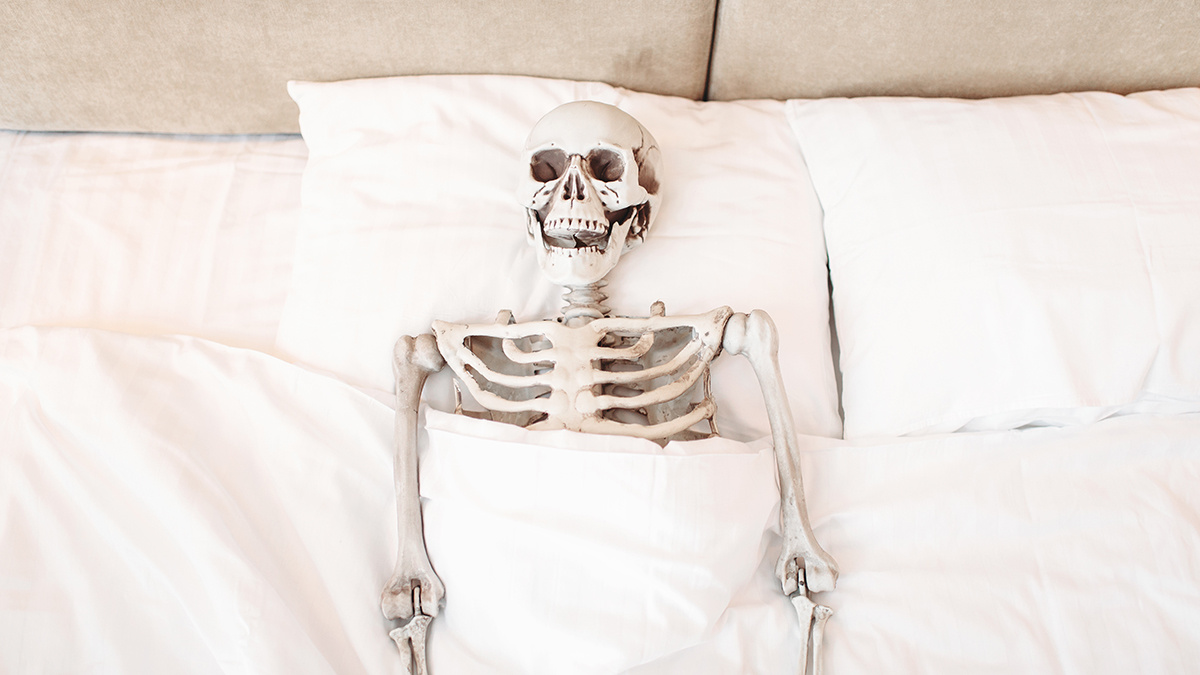
Tossing and Turning? How Your Sleep Affects Bone Health
Quality sleep is essential for overall health and has implications for bone health.
Proper spine alignment during sleep avoids strain on the neck and back. Osteoporosis discomfort can disrupt sleep, leading to insomnia, frequent awakenings, and a higher risk of sleep apnea.
What causes osteoporosis?
There are multiple causes of osteoporosis. Such as:
- Low calcium and vitamin D diet
- Low protein diet
- Sedentary lifestyle
- Hormonal imbalances, affecting both females and males
But whatever the cause, people with osteoporosis face discomfort in daily activities and movements. Some of the most common are:
1) Stooped posture,
2) Severe back pain from compression fractures or,
3) Limited mobility and constant discomfort that doesn’t get manageable with painkillers.
Quality sleep is vital for cellular and bone repair.

How Sleep Affects Osteoporosis?
Quality sleep is vital for cellular and bone repair. Sleep disruptions hinder these processes, reducing bone mineral density and increasing osteoporosis risk. In females, disturbed sleep can cause hormonal imbalances, worsening bone loss even more.
How Osteoporosis Affects Sleep?
Chronic pain from osteoporosis affects sleep quality, causing frequent awakenings and insomnia, which in turn worsens pain and disease progression. Osteoporosis medications can also disrupt sleep or cause drowsiness. Compression fractures and spinal changes increase the risk of sleep apnea.
Recognizing and managing both osteoporosis and sleep disturbances is crucial. Encouraging healthy sleep habits helps patients achieve restorative sleep, essential for overall health.




